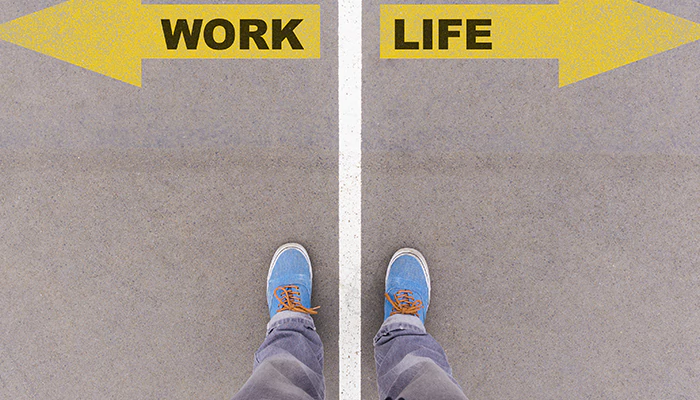How Gen Zs are Changing the Workplace Culture?
With a leaning towards scepticism and high work ethics, Gen Zs are leading the way.
- Puja Sinha
- 31 March, 2024
- 2 mins ago

How Gen Zs are Changing the Workplace Culture?
With a leaning towards scepticism and high work ethics, Gen Zs are leading the way.
Born between 1996 and the early 2000s, Gen Zs are bringing a fresh perspective to workplace culture—one that merits some discussion. It is all over social media how Gen Zs are progressively dissing hierarchy, high paycheques, and unreasonable work hours. Yes, this generation has a noticeable inclination towards holistic well-being and work-life harmony. But there is more to it!
Here is how this generation is making the workplace more progressive:
Prioritising Work-Life Balance
Gen Zs are not the ones to gamble with mental wellness, and they are advocating for more transparent conversations about wellness in the workplace. Nearly 75% of Gen Z workers believe that mental well-being should be a pressing concern for employers. As Gen Zs are joining the workforce, many companies are wilfully allotting well-being leaves, giving access to therapy, and promoting a culture where mental well-being is prioritised alongside productivity and profits. In all truthfulness, Gen Z behaviour is unprecedented as to how human experiences and life are to be put on a pedestal higher than simple abstractions.

Championing Flexibility and Remote Work
Flexibility in where, when, and how work gets done is a priority for Gen Z. A 2023 Gallup poll found that 60% of Gen Z workers consider remote work options a key factor when choosing jobs. Their demand for flexible work environments has pushed companies to adopt hybrid models, offering employees more control over their schedules, which improves job satisfaction and productivity.
A Call for Greater Diversity and Inclusion
Gen Z is the most diverse generation yet, and they expect the same in the workplace. Research shows that Gen Z employees are more likely to seek out employers with clear diversity and inclusion policies. This push for more inclusive environments is leading companies to rethink recruitment, create diversity-driven initiatives, and ensure that all employees feel represented and valued.
A Clear Focus on Social Responsibility
Gen Z expects companies to be ethically responsible and aligned with social causes and contribute to society. Research shows that 77% of Gen Z workers consider a company’s ethical stance before joining. What also comes under the purview of its ethics? Sustainability, social justice, and fair labour practices. This Gen Z principle has certainly compelled organizations to be more transparent about their values and practices, pushing the needle toward corporate responsibility.
Innovation in Workplace
As digital natives, Gen Z workers bring fluency with technology that is transforming workplace efficiency. Over the years, it has been evident that Gen Z is reshaping digital transformation by integrating social media strategies, data analytics, and collaborative tools into everyday workflows. Their comfort with digital tools is encouraging businesses to innovate faster and embrace new ways of working, such as AI and cloud-based solutions.
Emphasis on Skills over Degrees
Gen Z values practical skills and real-world experience more than traditional educational credentials and even fat pay. Freshers are keener on seizing any opportunity at the workplace that leads to upscaling. They are a real sport when it is about bridging the skill gap and flourishing in a stimulating learning environment. This shift is pushing employers to reconsider hiring criteria, focusing on skills-based hiring and creating more opportunities for upskilling and on-the-job training.
Gen Z’s will exceed Millennials in terms of population density, and their presence will cause a tectonic shift in the anachronistic and accepted ways of doing things—basically the old-world order. Their unique approach is not just redefining workplace culture but fostering an environment that is genuinely inclusive, flexible, tech-driven, and ethically responsible.









